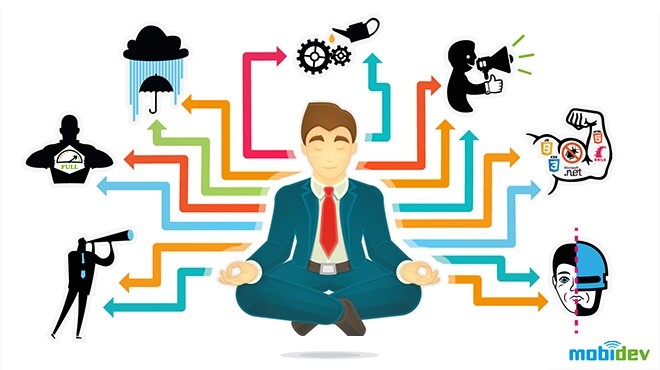In the rapidly evolving landscape of project management, organizations are increasingly turning to artificial intelligence (AI) to enhance efficiency, streamline processes, and achieve better outcomes. AI project management is a burgeoning field that leverages advanced technologies to optimize project planning, execution, and monitoring. This article explores the transformative potential of Artificial Intelligence Project Tools and how it is reshaping the way teams collaborate and deliver successful projects.
- Intelligent Planning and Scheduling: AI excels in analyzing vast amounts of data to identify patterns and trends. In project management, this capability is harnessed for intelligent planning and scheduling. AI algorithms can evaluate historical project data, team performance, and external factors to create accurate and realistic project timelines. This ensures better resource allocation, minimizes bottlenecks, and improves overall project efficiency.
- Predictive Analytics for Risk Management: One of the significant challenges in project management is identifying and mitigating risks. AI enables predictive analytics by assessing potential risks based on historical data, project complexities, and external influences. This proactive approach allows project managers to implement preventive measures, reducing the likelihood of issues arising during the project lifecycle.
- Automated Task Management: AI-powered task management systems can automate routine and repetitive tasks, freeing up valuable time for project teams to focus on more strategic activities. From assigning tasks to tracking progress, AI streamlines task management by learning from historical data and adapting to changing project requirements. This leads to increased productivity and quicker project delivery.
- Natural Language Processing (NLP) in Communication: Effective communication is crucial for successful project management. NLP, a subset of AI, plays a vital role in improving communication by analyzing and understanding natural language. AI-driven chatbots and virtual assistants can facilitate real-time communication, answer queries, and provide valuable insights, fostering collaboration among team members and stakeholders.
- Resource Optimization through Machine Learning: Machine learning algorithms can analyze past project performance to predict resource needs accurately. This enables project managers to optimize resource allocation, ensuring that teams have the right skills and capacities to meet project requirements. This data-driven approach minimizes resource wastage and enhances overall project cost-effectiveness.
- Continuous Improvement with AI Insights: AI generates valuable insights by continuously analyzing project data. These insights empower project managers to make informed decisions, identify areas for improvement, and refine project strategies. The iterative nature of AI ensures that project management processes evolve over time, adapting to changing conditions and optimizing performance.
- Enhanced Reporting and Documentation: AI facilitates the generation of comprehensive and customizable project reports. By automating the documentation process, project managers can access real-time data, track key performance indicators, and create insightful reports for stakeholders. This transparency and accessibility contribute to better decision-making and accountability.
Conclusion: As organizations strive for increased efficiency and successful project outcomes, the integration of AI in project management is becoming indispensable. The marriage of advanced technologies and project management principles opens up new possibilities for streamlined processes, improved collaboration, and data-driven decision-making.
